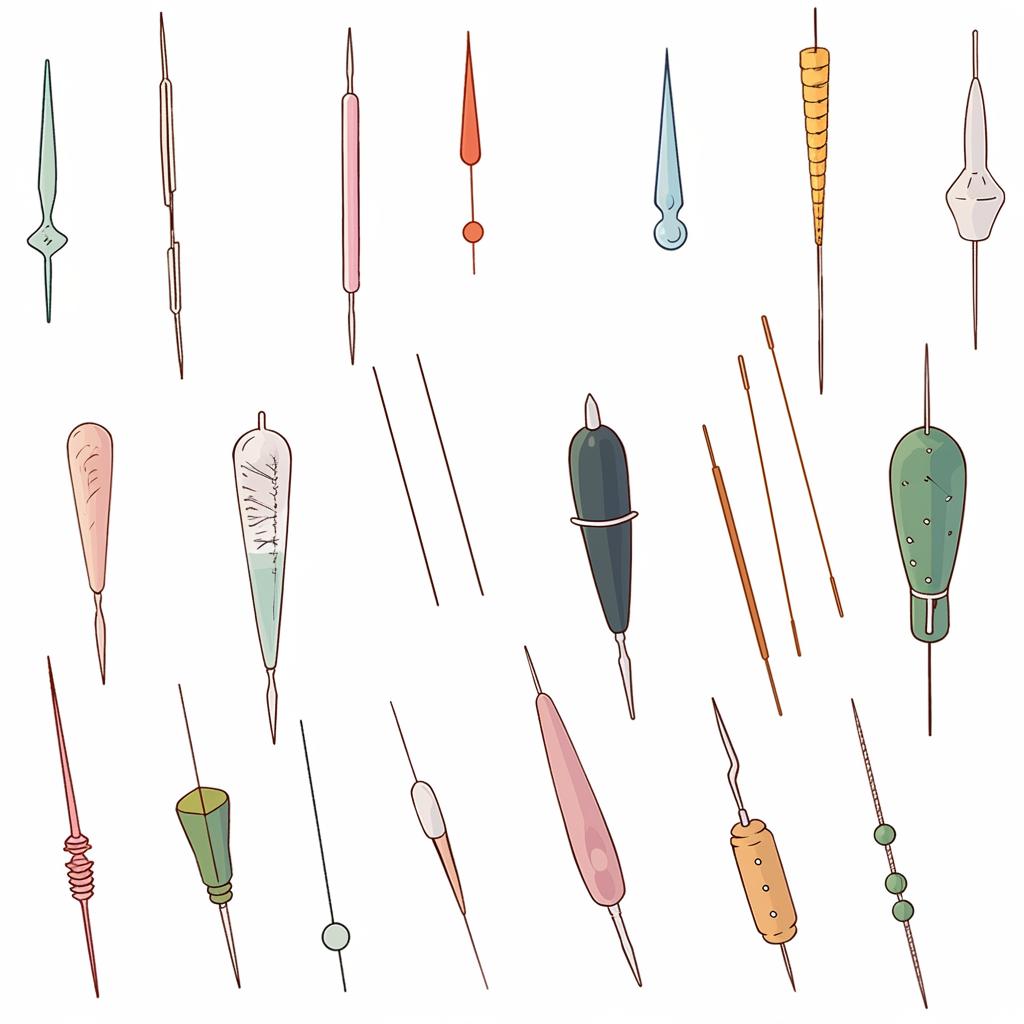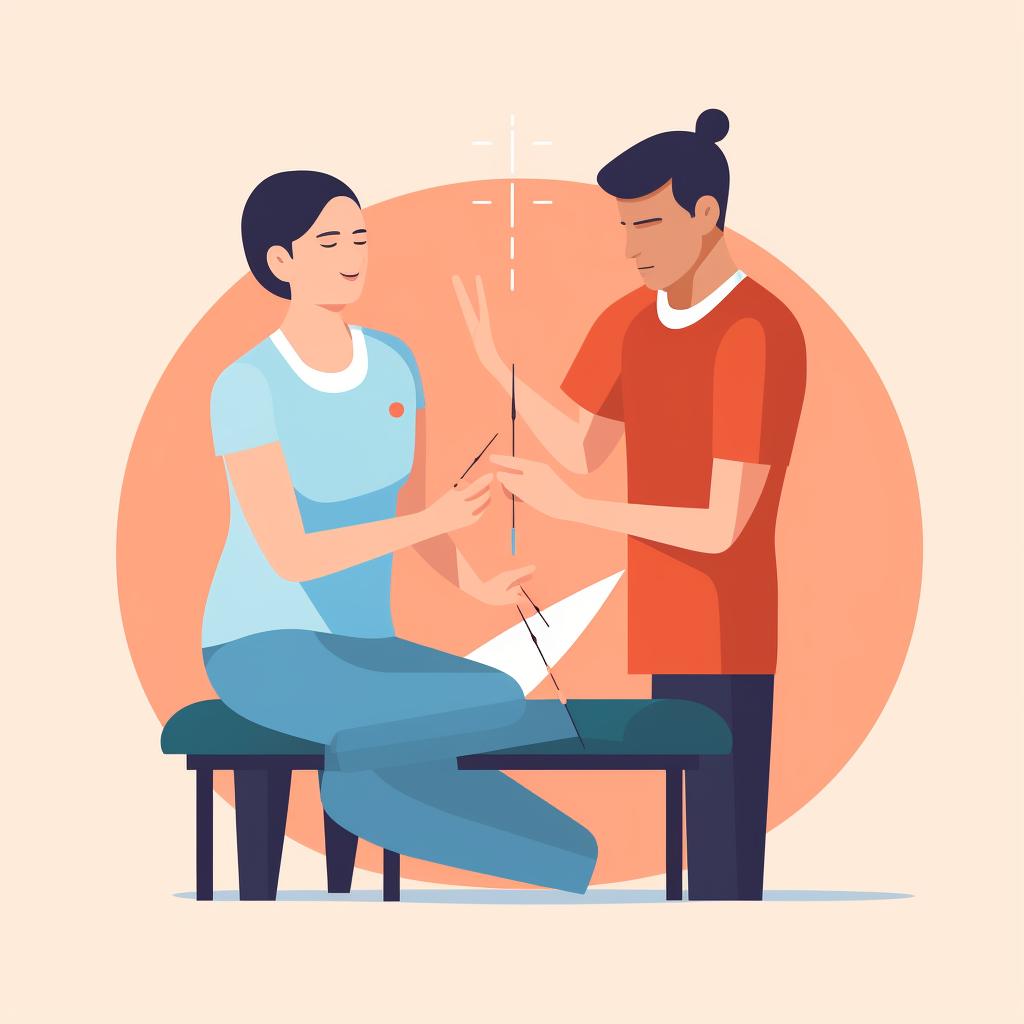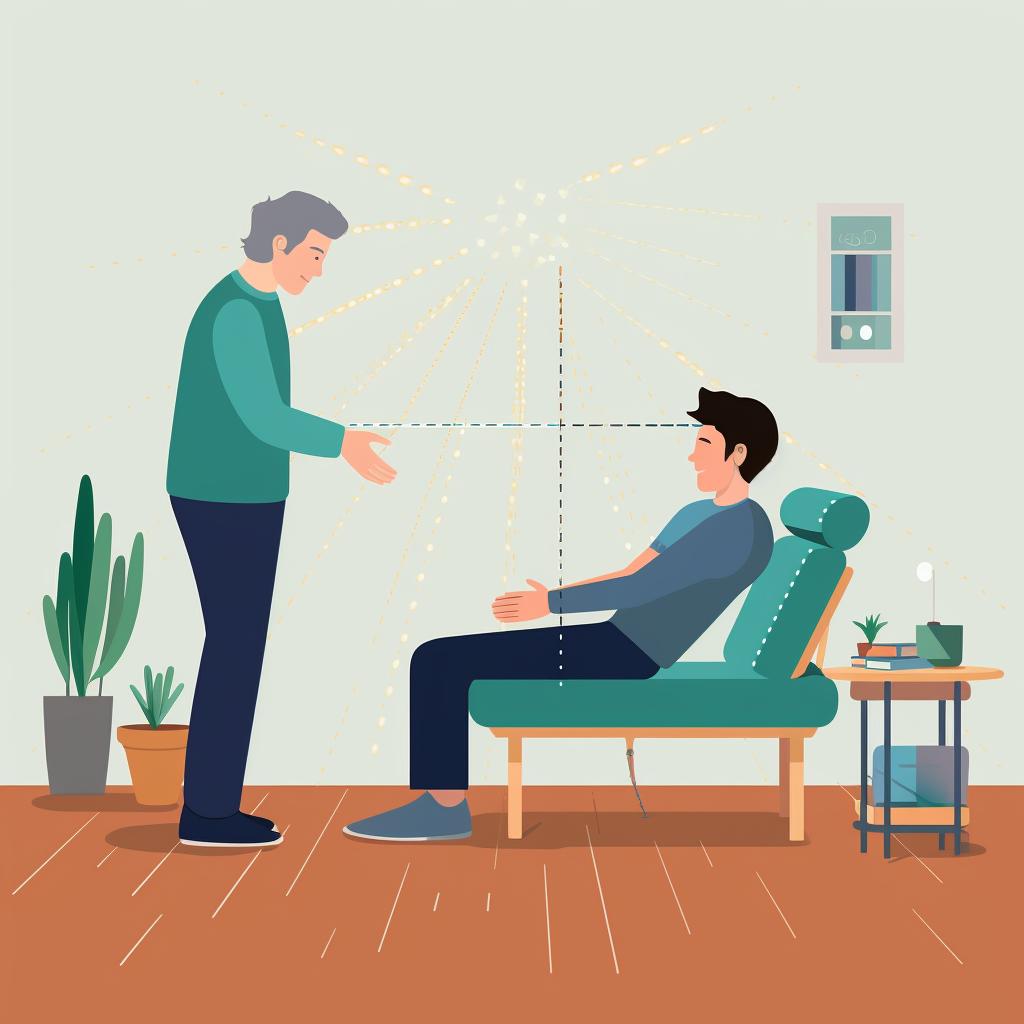Dr. Robert Kim is a medical doctor who specializes in pain management. He became interested in acupuncture as a complementary therapy to conventional medicine. Dr. Kim has a medical degree from Harvard Medical School and has completed an acupuncture certification program.
Acupuncture needle handles may bend after use due to the manual manipulation techniques employed during treatment. This is part of the advanced acupuncture practices that acupuncturists utilize to stimulate specific points on the body and to direct the flow of Qi, or life energy.

The reasons for acupuncture needle bending can be broken down into three main categories: the type of needle used, the technique of the acupuncturist, and the patient's physical response.
Exploring the Role of the Needle: Size and Material Matter 📍
Acupuncture needles come in different sizes and materials. Some needles are designed with flexible handles to allow easy manipulation. If the needle is made from a softer metal, the handle may bend more easily.
The Art of Acupuncture: How Practitioner's Technique Influences Needle Bending 🎯
The way an acupuncturist manipulates the needle can also cause the handle to bend. Advanced acupuncture techniques often involve twisting, pressing, or flicking the needle to stimulate the acupuncture point. This manipulation can result in a bent handle.
Your Body's Reaction: How Patient Movement Can Bend the Needle 🔄
Lastly, a patient's physical response can contribute to the bending of the needle handle. If a patient moves during treatment, it can put pressure on the needle, causing the handle to bend.
It's important to note that a bent needle handle does not indicate a problem with the treatment. It's simply a byproduct of the manual manipulation techniques used in acupuncture. The benefits of acupuncture extend far beyond the physical appearance of the needles used.
For a deeper understanding of how acupuncture works, you can check out our detailed guide here.
Let's delve into some frequently asked questions about the bending of acupuncture needle handles.
Now that we've addressed some common queries, let's move on to a step-by-step guide to understanding acupuncture needle manipulation.
Now that we've answered some common questions about acupuncture needle bending, let's delve deeper into the topic with a step-by-step guide to understanding acupuncture needle manipulation.
Learn more about Understanding Acupuncture Needle Manipulation: Types, Techniques, and Patient Response or discover other Acupuncture Relief guides.
With this understanding, you can now appreciate the skill and precision involved in acupuncture. As Dr. Wang, an expert at our advanced acupuncture clinic, often explains, the bending of the needle handle is an integral part of the process.
Dr. Wang, an expert at our advanced acupuncture clinic, often explains that the bending of the needle handle is an indication of the practitioner's skill and experience. The more adept the practitioner, the more precise the needle manipulation, which could lead to a bent handle.
At the end of the day, the most important thing is the patient's comfort and the effectiveness of the treatment. A bent needle handle is just a small part of the complex and beneficial world of acupuncture.
Dr. Wang's explanations about the bending of the needle handle during acupuncture treatments can be better understood by seeing these techniques in action. The following video provides a clear demonstration and explanation of the manual manipulation techniques used in acupuncture.
The video above shows how the practitioner's technique can affect the acupuncture needle, including causing the handle to bend. As you can see, this is a normal part of the process and does not affect the effectiveness of the treatment. Remember, acupuncture is a holistic practice that aims to balance the body's energies to promote healing and wellness.
Remember, acupuncture is a holistic practice that aims to balance the body's energies to promote healing and wellness. If you're interested in exploring the benefits of acupuncture, you can find more information here.


















